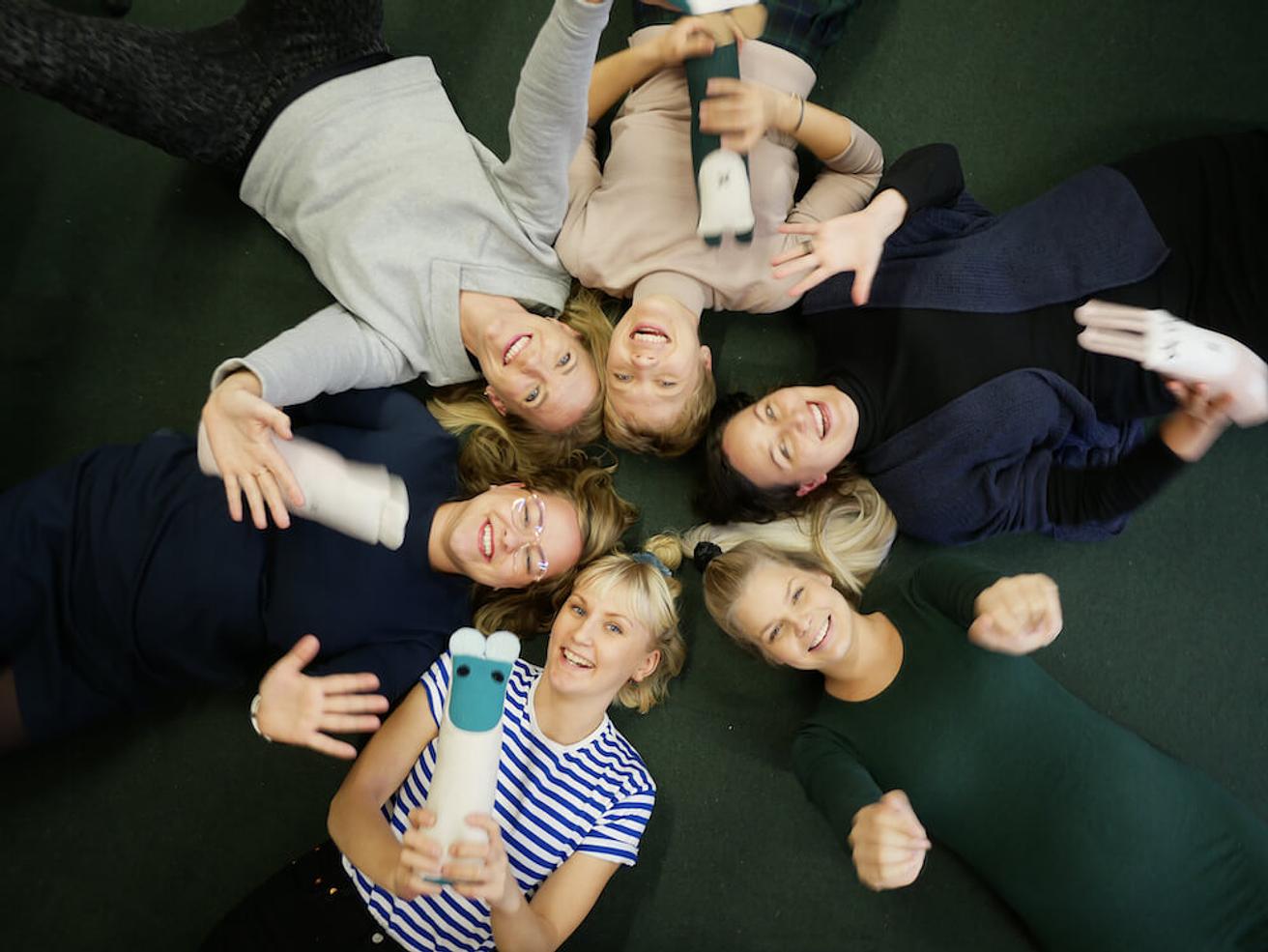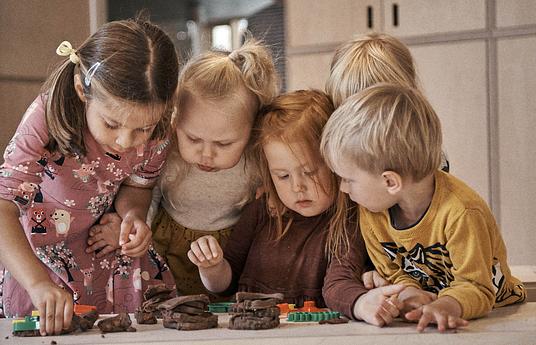In the multi-demanding, utterly varying and always a contextual field of early childhood education the definition of being “ready” as a professional is full of contradictions. A teacher can be well trained and prepared and ready to face the challenges of the field. But in practice, they can never be absolutely sure whether they are choosing the right method, action or best possible way of handling the versatile situations during the day. I quite often hear people telling that ECE isn’t rocket science, expressing how simple the early childhood profession is from their perspective. Such underrating is common all over the world and is linked to many political choices throughout the decades. Fortunately, we can see, that this period of underrating is coming to an end as research reveals how important period of life early childhood is and what a difference a high-quality teacher can make in children’s lives!
This history of depreciation affects the self-esteem and sense of competence of the professionals, preventing them from thriving. If one knows nothing about the field, it is easy to say the job is simple. When you understand even the most basics of the profession, you begin to understand that education is a blend of psychology, neuroscience, social science, medicine, arts, and the topics related to cover the entire universe. The more you learn and understand, the better you can perform. And the performance then – it is constant improvisation among thousands of variables and different stakeholders.
Too often we hear stories of feeling insufficient and exhausted by the demands of the profession. Everyone who has been working with a large group of small children – and trying to reach high educational standards and objectives for each individual child – can relate. In these situations, the teachers must have trust that they can act well enough. However, it is crucial to have the courage to admit failures, when choices made, are revealed to be not-the-best-ones. The challenge in the early childhood education field is to build professional environments where the goal is to be as good as possible, at the same time remembering to embrace failures as essential gifts of the learning journey – for both children and adults.

At its best, the flow of work with children is absolutely wonderful and enjoyable. Overcoming challenges (and learning from and with children and your colleagues) can be more rewarding than anything. Each teacher must have the strength and willingness to learn in every moment of the day and reflect on their actions critically and openly with all stakeholders. It’s quite a lot to ask for. In HEI Schools we are committed in building a global teachers’ community which supports and inspires the everyday heroes working with small children. We want teachers to thrive – to be proud of their profession and to share their experiences, both positive and challenging, with the other HEI Schools teachers. They are experts and stars in their field and we want to make it visible. Well-designed digital tools make this technically possible and even easy – we have a platform and app for that. What is not easy is to build trust – that everyone feels appreciated in our community and that all of our teachers can feel “ready enough” to join in and safely share and learn together.
There are many ways of building trust, which is the foundation of all of our actions. We have found one great factor in building trust, and it works brilliantly also among adults. It is playing together. When we reach the flow of play we can learn, fail and laugh together without stress. During play we build strong connections, both internally and between people.
To know more about HEI Schools, check out their innovation page.

